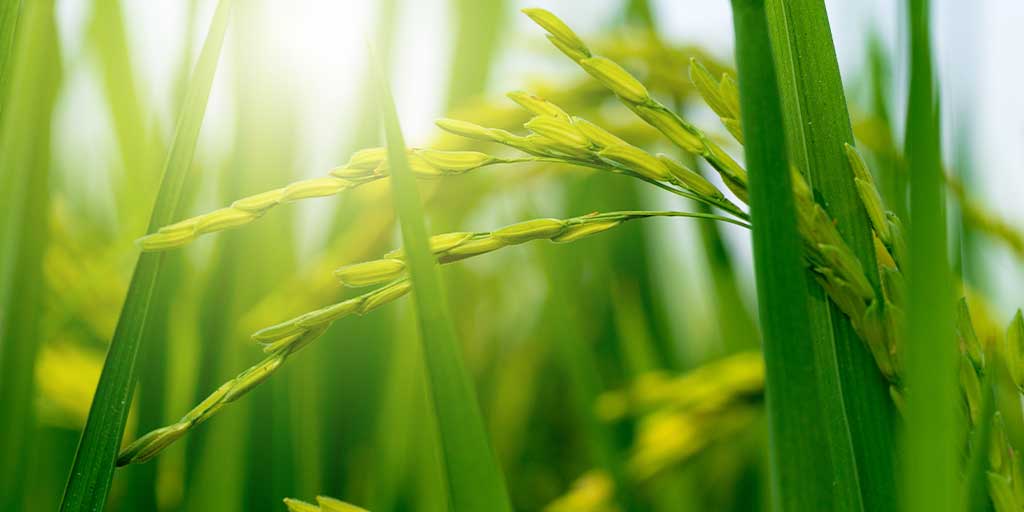Oral vaccines are a great strategy and are especially beneficial in areas with poor sanitation. This form of vaccine distribution could help control the acute diarrheal disease caused by Vibrio cholera. There are an estimated 1.3 to 4 million cases and 21,000 to 143,000 deaths from cholera each year. A recent study from The Lancet Microbe finds new hope in a rice-based cholera vaccine that will fight against the diarrheal toxin without severe adverse events.

The use of plants for vaccines is not a new proposal. In fact, many scientists have studied plant-based vaccines but haven’t been very successful because most plants cannot be preserved for a long time period. With this, the cost of distribution and storage rises.
Hiroshi Kiyono from the University of Tokyo strives to pave new ways with a rice-based cholera vaccine. Seeds can be stored for a long time without refrigeration. Therefore, Kiyono and his colleagues believe that cereals, like rice, have the potential to overcome the preservation obstacle when experimenting with a plant-based vaccine.
In his study, Kiyono and his colleagues chose to target the cholera toxin. This toxin is associated with a cholera infection and causes watery diarrhea. The study involved a human trial with 60 healthy randomized Japanese men. These men received four doses of either the oral MucoRice-CTP or a placebo over an eight-week period.
The oral administration of the vaccine was drinkable and created with engineered rice seeds. These seeds were ground into a fine powder, sealed in aluminum pouches, and suspended in a salt solution. Assessments of serum CTB-specific antibody concentrations of participants were made throughout the treatment up to 16 weeks after the initial dose.
The Results
On average, the study found a trend of increased concentration of CTB-specific immunoglobulin G (IgG) and A (IgA) antibody concentrations in individuals from all three dosage groups. However, statistically, significantly higher antibody concentrations were shown in participants who received the highest dose.
As of now, the sufficiency of CTB-specific antibodies to prevent cholera-induced diarrhea is not clear. John Clemens, a senior scientific advisor at the International Vaccine Institute in Seoul developed one of the currently available oral cholera vaccines. Clemens acknowledges that the antibodies induced in Kiyono’s study “can play a role, but it’s very unlikely that by themselves they will be sufficient to confer meaningful protection against cholera.” Kiyono says his study and current work are mainly a “proof of concept and safety.”
The Future of Plant-Based Vaccines
One of the major driving forces for plant-based vaccines is the relatively low cost. The rice-based cholera vaccine in the study costs less than US $2 per dose. However, Clemens states though it may not be a dealbreaker, “the regulatory hurdles associated with growing these engineered plants might affect their price.”
Regardless, the impact of plant-based vaccines on low-[to]-middle-income countries has huge potential. Plant-based vaccines allow easy administration, storage, and distribution; All of which are especially important in low-income and poor sanitation areas.
Kiyono and his colleagues plan to further their research with a much larger and more diverse trial. This study represents a huge advancement in bioengineering and an encouraging future for plant-based vaccines.
Related Posts
Riley Bell
Latest posts by Riley Bell (see all)
- Celebrating Our 2023 Promega In Action Awardees - April 18, 2024
- Celebrating 10 Years of Innovation: Introducing the CSCB-Promega Innovation Fund - March 28, 2024
- More Than a Scientist: Paraj Mandrekar’s Career & Contributions to Tabletop Roleplaying Games - January 30, 2024
